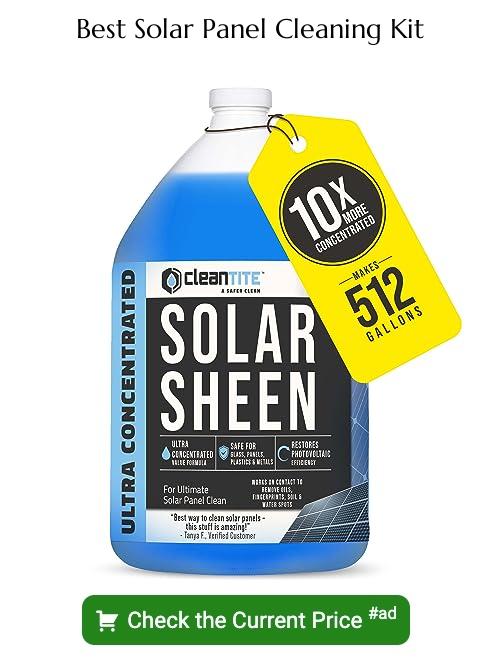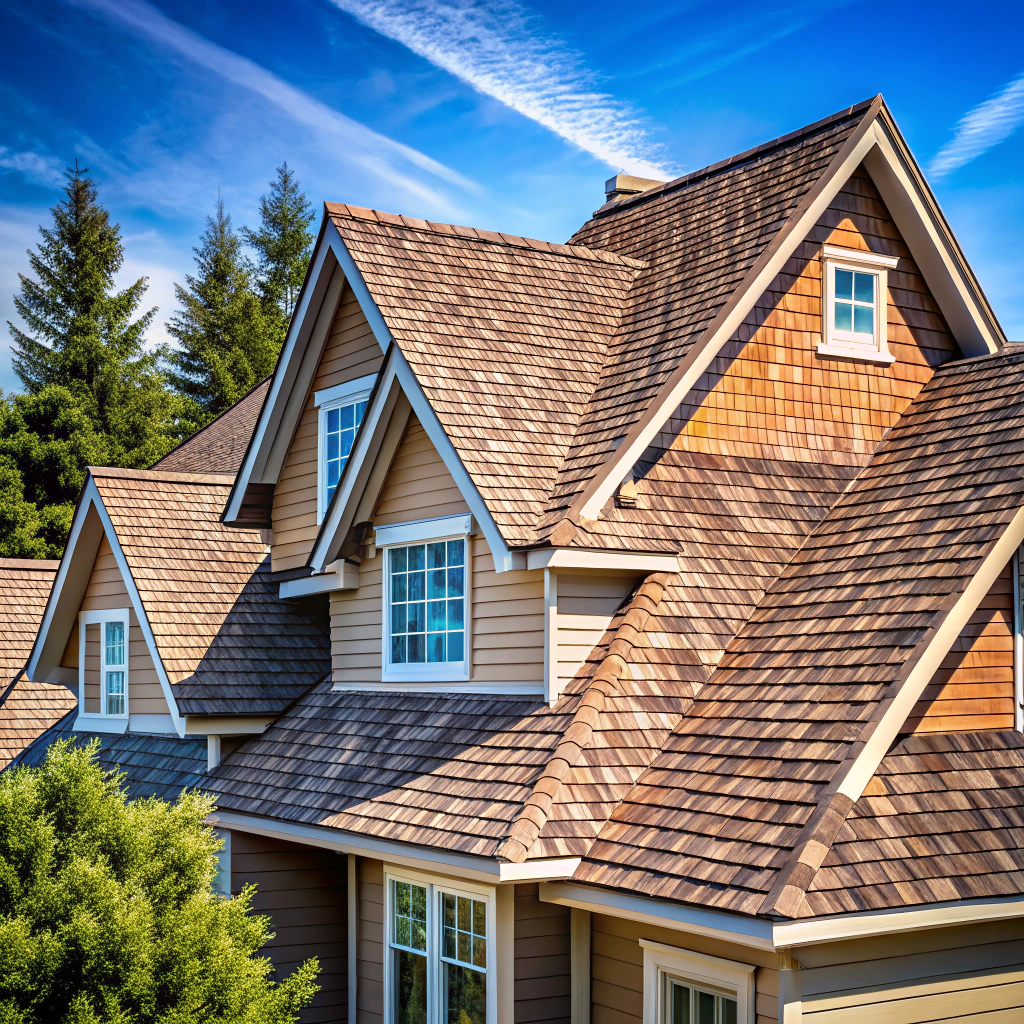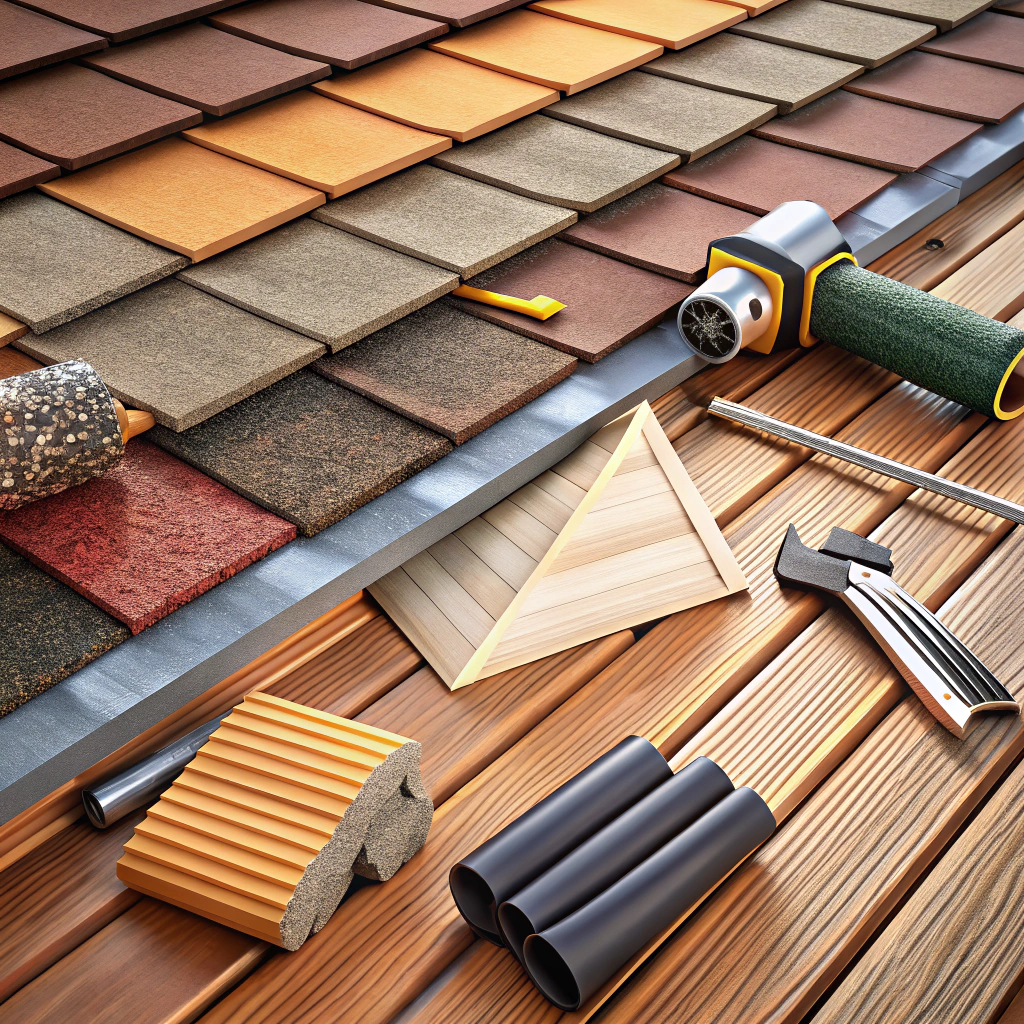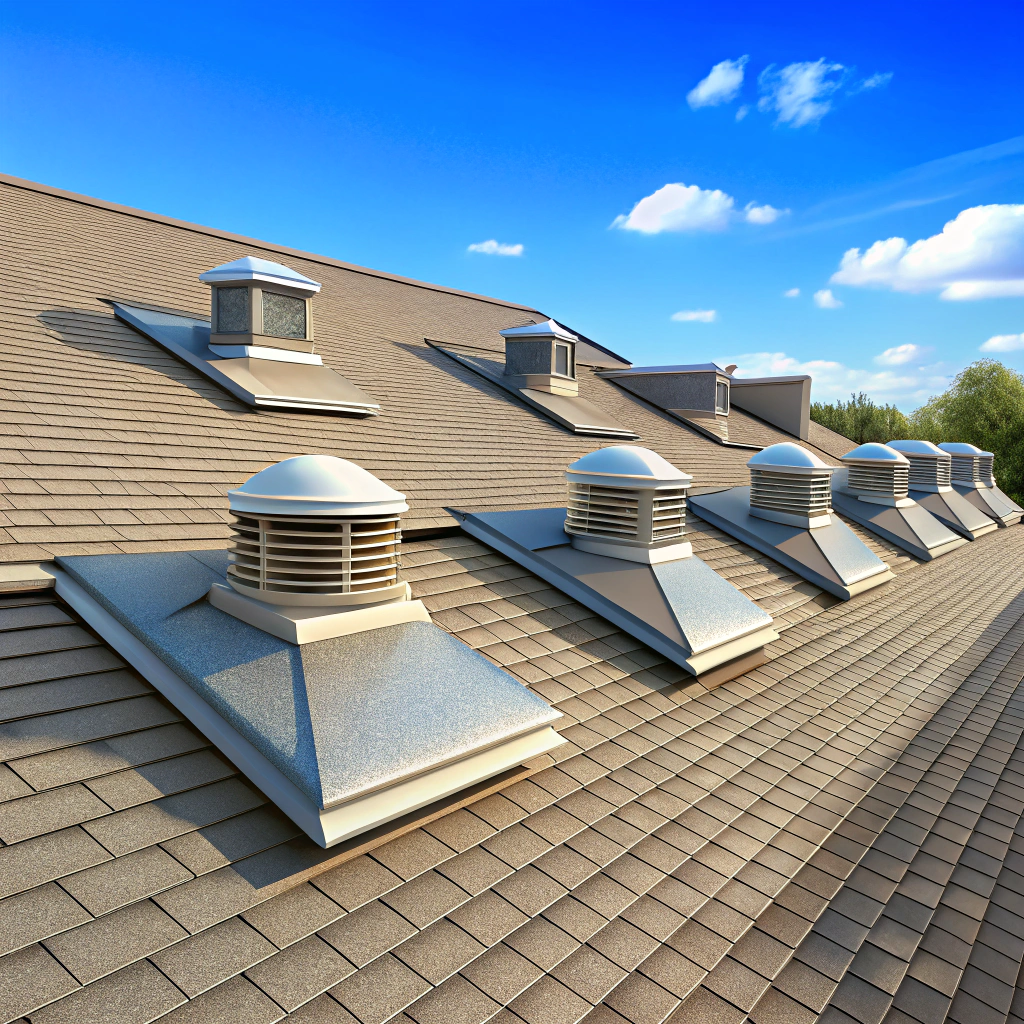Last updated on
Learn how to effectively clean your roof’s solar panels to maintain their efficiency and prolong their lifespan.
Key takeaways:
- Clean solar panels regularly to maintain efficiency.
- Consider local weather and panel angle for cleaning frequency.
- Prioritize safety when cleaning solar panels on the roof.
- Use gentle cleaning methods and avoid harsh chemicals.
- Follow manufacturer guidelines to protect warranty and maximize performance.
Why Do Solar Panels Need Cleaning?
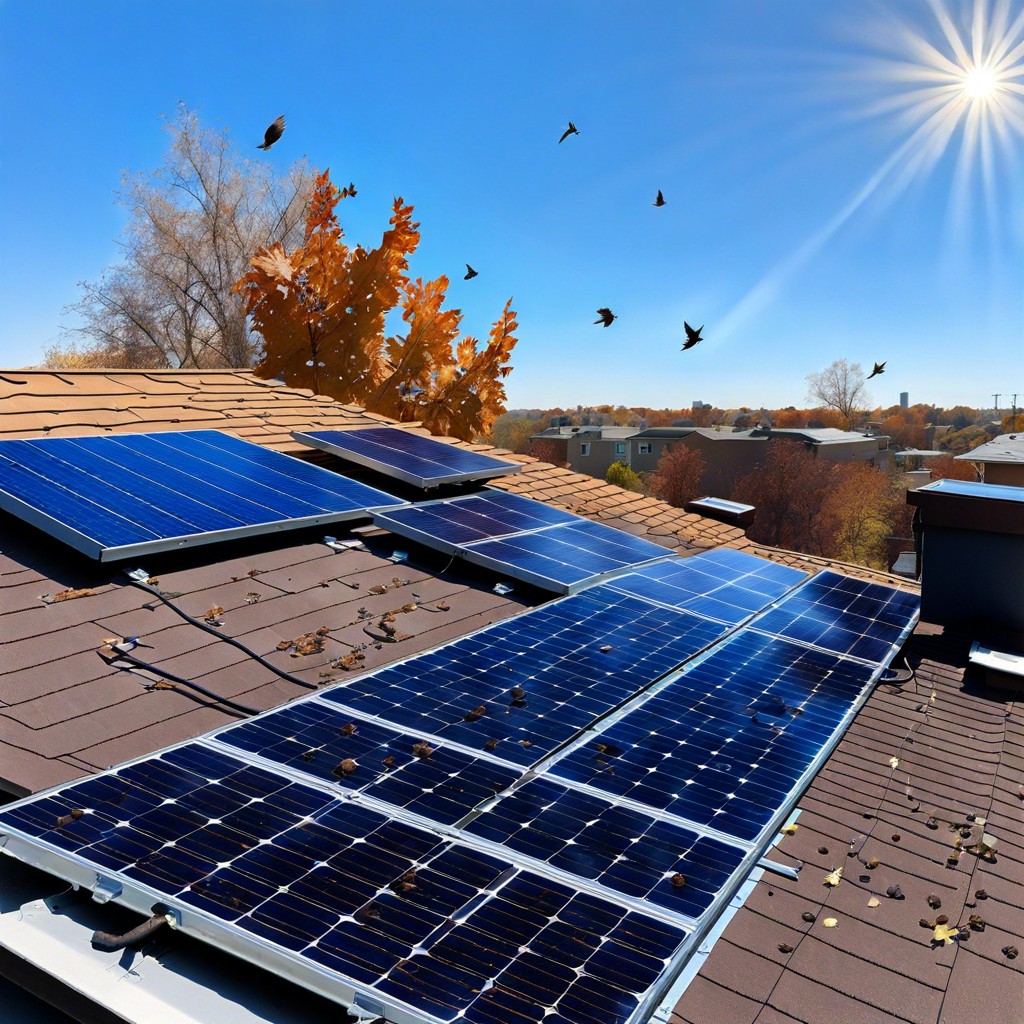
Solar panels are quite the busy bees, converting sunlight into electricity without a peep, but dirt and debris can throw a wrench in their work. Picture this: a layer of dust, leaves, or even bird droppings acting like an unwelcome blanket over your panels. It’s not just an eyesore; it’s blocking precious sunlight from reaching the solar cells.
And it’s not just natural debris at play. Urban areas add another layer to the mix with pollutants and grime. Over time, this grimy build-up can put a serious dent in your energy production, and, let’s face it, seeing those figures drop is as satisfying as a sneeze that never comes.
Give those panels a good old scrub, and they’ll sing your praises by performing at their peak. Clean panels are happy panels, and happy panels mean more green in your wallet and less carbon in the air. Plus, staying on top of their cleanliness can spot any rogue issues before they bloom into bigger problems. Now that’s what we call a win-win!
How Often Should You Clean Solar Panels
Maintaining a regular cleaning schedule can help you get the most out of your solar panels. Generally speaking, a good rule of thumb is to clean them twice a year. However, local weather conditions may demand more frequent attention. For instance, if you live in an area with heavy dust, pollen, or bird droppings, you might need to roll up your sleeves a bit more often.
Rain works in your favor as a natural panel cleanser, but it doesn’t help with stubborn grime or buildup. Keep an eye out post-storm to see if a manual clean-up might be needed. Panels angled at 15 degrees or more usually self-clean through rainfall more effectively than those installed at a shallower angle.
Monitoring your solar output is another way to gauge the need for cleaning. A noticeable dip in performance could be a signal that your panels are due for a scrub. Trust your instincts; seeing dirt means it’s time to clean, even if it falls outside the normal schedule. Remember, clean panels convert sunlight to energy more efficiently, boosting both their productivity and your savings.
Safety Considerations
Before you embark on the task of washing those sun-kissed panels, remember that safety comes first. Climbing onto a rooftop could set the stage for a potential tumble, so a good rule of thumb is to work with a buddy — someone who can hold the ladder and be there in case of an accident.
When the soles of your shoes meet the roof, make sure they have a non-slip grip. Steep slopes and moisture make a slippery duo, and traction is your best friend here. Consider harnesses and safety ropes if the slope of your roof suggests a thrill ride you didn’t sign up for.
Risks also lurk in the power of the sun’s rays mingling with electricity — water’s not a pal to electrical components. While cleaning, avoid spraying water on the underside of panels or into electrical parts, as this could spark more than just a clean surface.
Lastly, the timing of your cleaning escapade matters. Early morning, late evening, or an overcast day are the prime times to avoid the midday heat. Not only does this prevent quick drying and soap residue, but it also reduces the risk of heatstroke, allowing you to make cool-headed decisions up high.
Instructions
Begin by choosing a calm, overcast day or opt for an early morning or late evening time slot to prevent rapid evaporation and streaking on the panels. Shut off the solar panel system before starting; safety first!
For the initial rinse, use a garden hose to dislodge loose dirt. Avoid high-pressure settings that might damage the panels. If a hose isn’t sufficient, employ a soft-bristled brush or a squeegee attached to a long handle to gently scrub the surface.
Mix a small amount of mild soap with water in a bucket to create a cleaning solution. Soaps without harsh chemicals are recommended to avoid leaving residue or streaks. Dip your brush or squeegee into the solution and apply it to the solar panels with gentle, circular motions.
After you’ve given the panels a good wash with the soapy water, thoroughly rinse them using the hose again. Any soap left behind could attract dirt, undermining your hard work.
Finally, dry the surfaces with a clean, smooth cloth or a squeegee to banish any lingering water spots. For an extra touch, use a touch of vinegar in the rinse water as a natural spot remover.
Remember, your goal is a clear path for those sunbeams, not a waterpark for sparrows. Keep it simple, and your solar panels will thank you with peak performance.
Tips for Cleaning Solar Panels
Early bird gets the worm, and the same holds true for cleaning solar panels. Aim for the cool of early morning or the gentle light of evening to prevent rapid evaporation or smearing from the cleaner. Another tip: skip the soap, as detergents can leave behind residue that attracts dust. Instead, opt for a gentle scrub with plain water or a soft brush.
When it comes to reaching those panels, steady as she goes. Use a ladder safely if the panels are on a low slope or enlist a long-handled squeegee for that extra reach. And here’s a golden nugget: don’t jet-spray directly under the panels to avoid damaging the underside junction box.
Now, for the nitty-gritty. If your panels are coated in stubborn grime, a 1:1 solution of white vinegar and water can work wonders. It’s eco-friendly and cuts through the muck without a hitch. Just be sure to rinse thoroughly to avoid any vinegar-smelling regrets.
A word to the wise—check manufacturer guidelines. Your warranty could become a fallen leaf if guidelines aren’t followed. And remember, clean panels aren’t just about curb appeal; they’re about keeping the green both in your pocket and on the planet!
